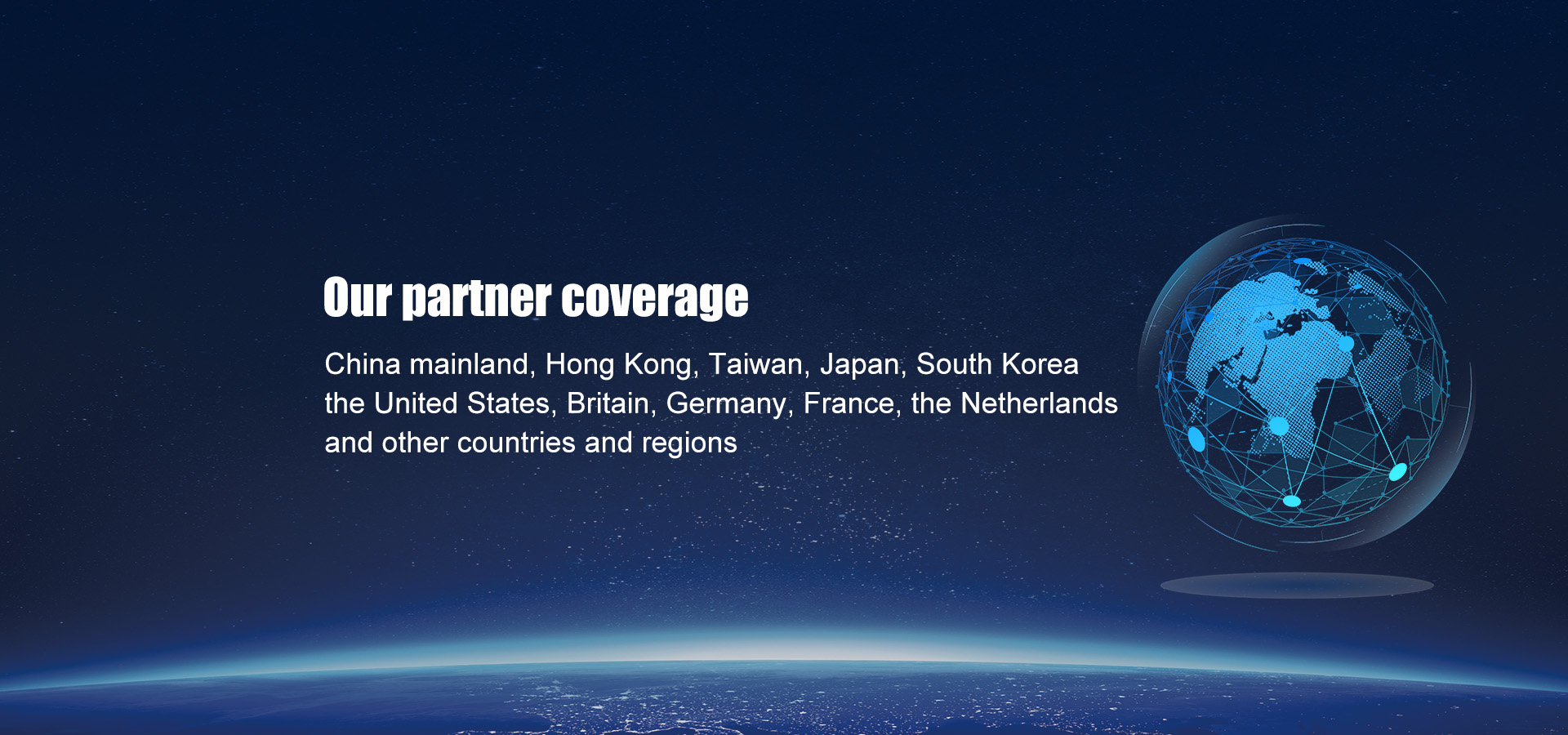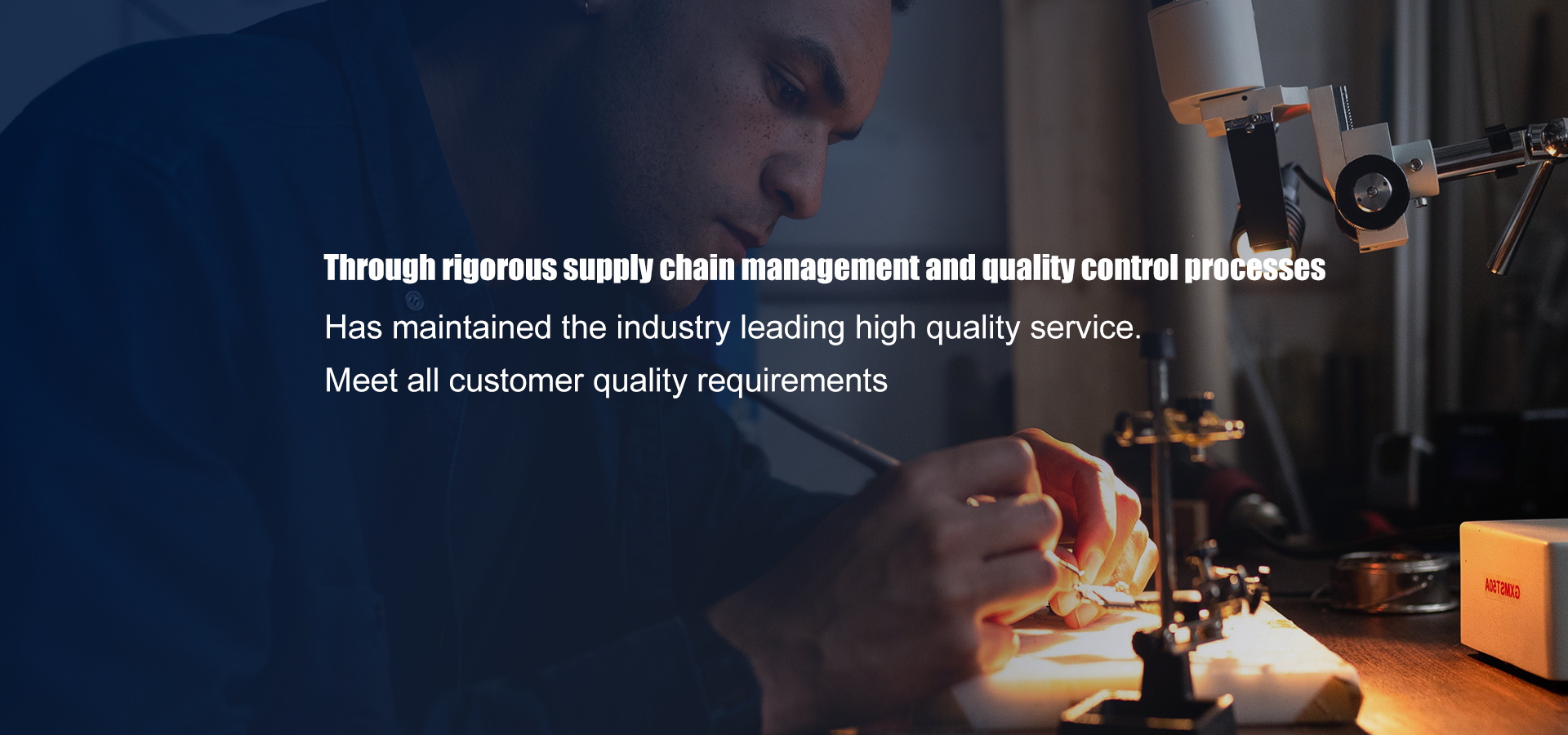

August 28 news, while the rest of the world is still debating the possible impact of artificial intelligence on employment, Filipinos are already experiencing it in reality.
Initially, companies moved back-office jobs to the Philippines to cut labor costs, but now robots are taking over these jobs.The Philippines’ massive outsourcing industry is expected to generate revenue of more than $38 billion this year, and all major companies are racing to launch artificial intelligence tools to stay competitive and defend their business models.
In the past eight or nine months, most companies have launched some form of AI assistant. These algorithms work in tandem with human operators to, for example, summarize all of a customer’s previous contacts with a company. This process requires a combination of advanced speech recognition, content processing, big data sifting, sentiment analysis, and context in real time. Just a few years ago, this would have been the stuff of science fiction.
For some employees, the rapid deployment of these tools felt sudden and shocking. Christopher Bautista, 47, has worked in the call center industry for nearly 20 years. In his previous technical support job, he saw artificial intelligence begin to control more customer calls before transferring them to customer service staff. He said that last November, he and about 70 others were suddenly transferred to “floating status” – no work, no salary, but still on the company’s employee list. Six months later, he resigned and switched to sales. “Artificial intelligence will take over our jobs,” Bautista said. “It’s cheaper and more efficient.”

The business process outsourcing industry is vital to the Philippines. It is the largest source of employment in the local private sector and the largest contributor to the country’s GDP. From a social perspective, these call centers provide a decent income for Filipinos who do not have a higher education, without having to leave their homes. The Philippine government has been pinning its hopes on the industry to help move up the value chain, pushing more than 100 million people into the middle class and driving other white-collar jobs. But the rapid arrival of artificial intelligence has disrupted progress toward these goals.
However, the Philippines has not chosen to shy away, but is actively embracing the technological revolution. As the world’s second largest outsourcing center after India, the Philippines has become a testing ground for many new AI tools. Local AI research centers have been established and several training programs have been launched; some are government-supported and some are industry-funded, aiming to improve the capabilities of 1.7 million employees across the industry.


